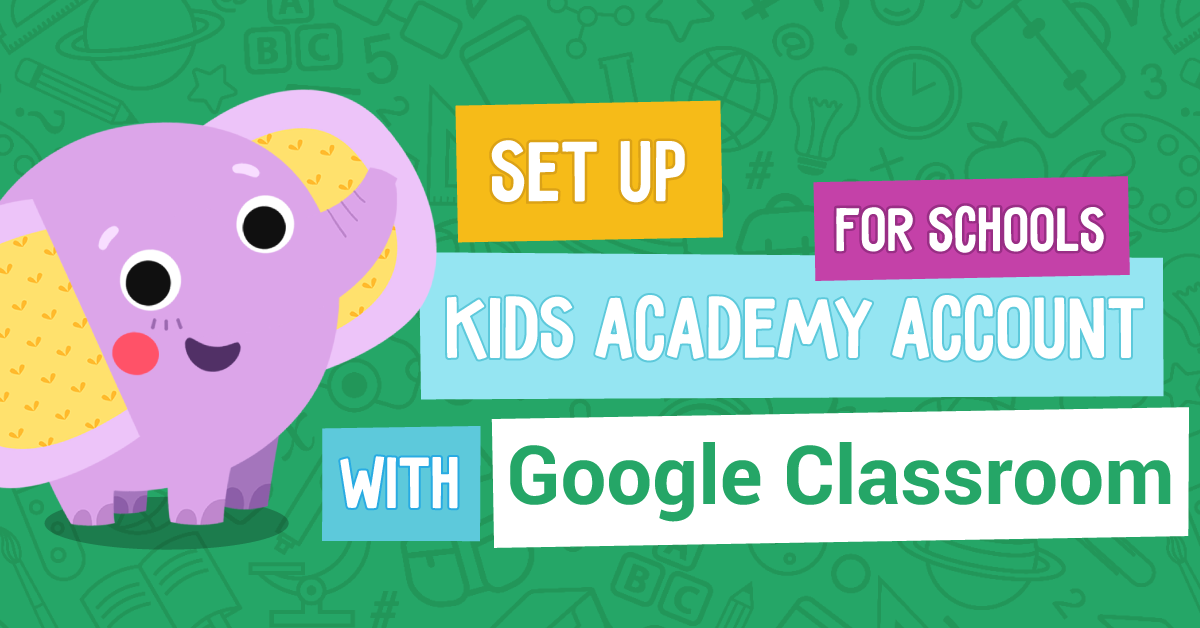Contextual understanding Worksheets for Ages 7-8
9 filtered results
-
From - To
Unlock your child’s potential with our engaging Contextual Understanding Worksheets designed for ages 7-8. These activities foster critical reading and comprehension skills by challenging young learners to interpret information within context. Our thoughtfully crafted worksheets encourage connection-making between texts and real-life scenarios, enhancing their ability to analyze and respond to diverse material. Perfect for supplementing classroom learning or home education, these worksheets feature colorful illustrations and relatable examples, making the learning process enjoyable and effective. Help your child strengthen their comprehension and contextual reasoning abilities today with our captivating and educational resources! Explore now to boost their confidence and literacy skills.
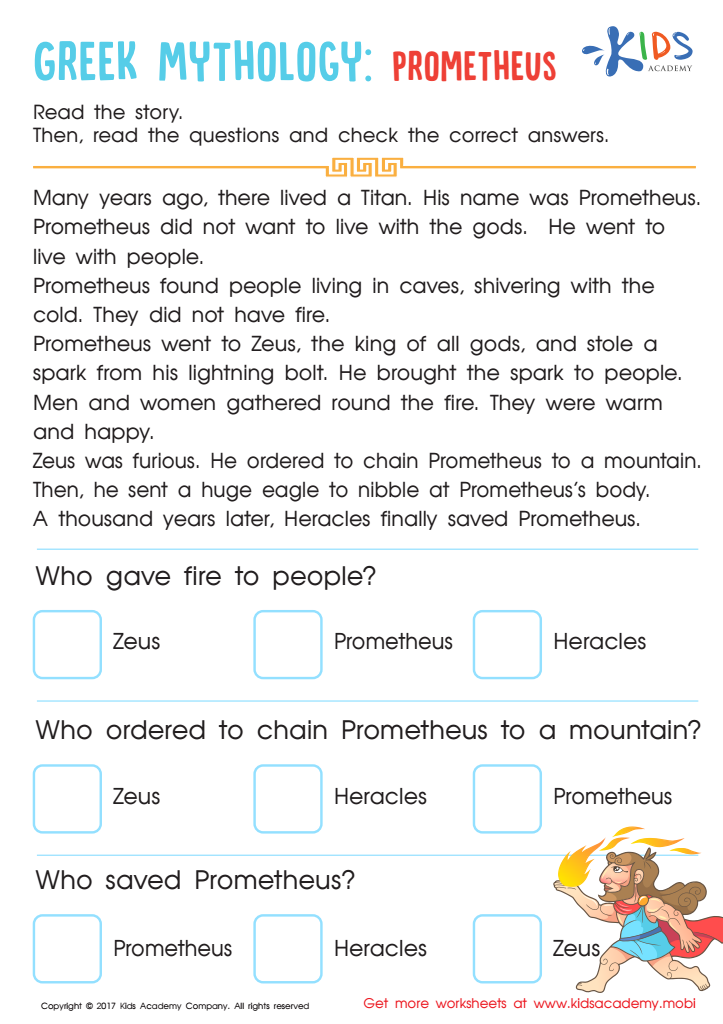

Prometheus Story Worksheet
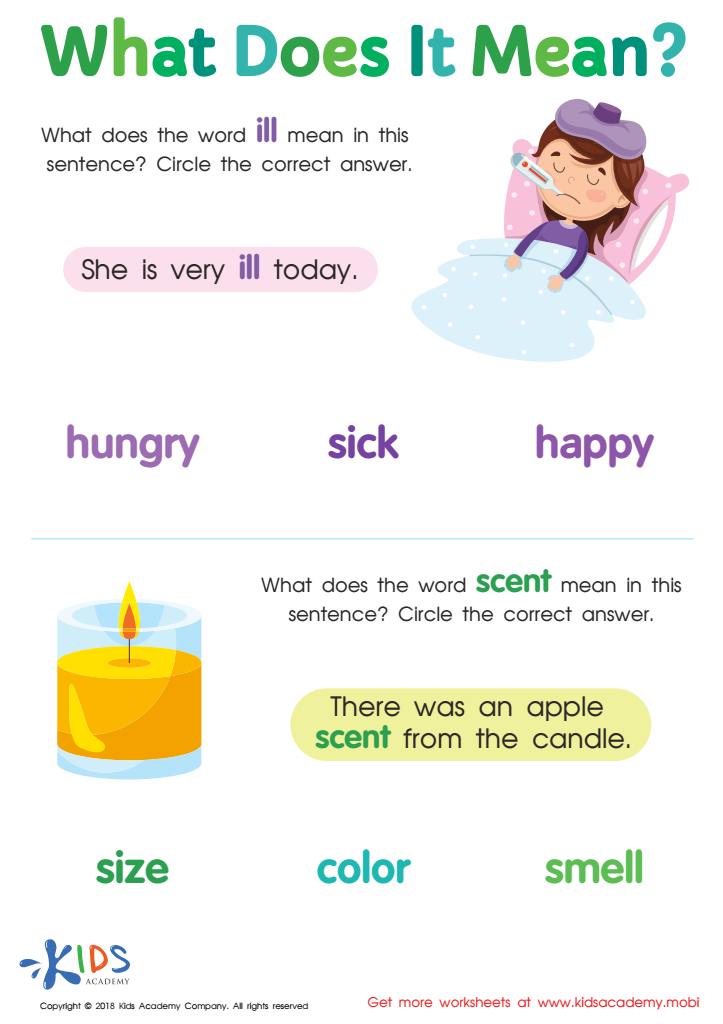

What Does It Mean? Worksheet
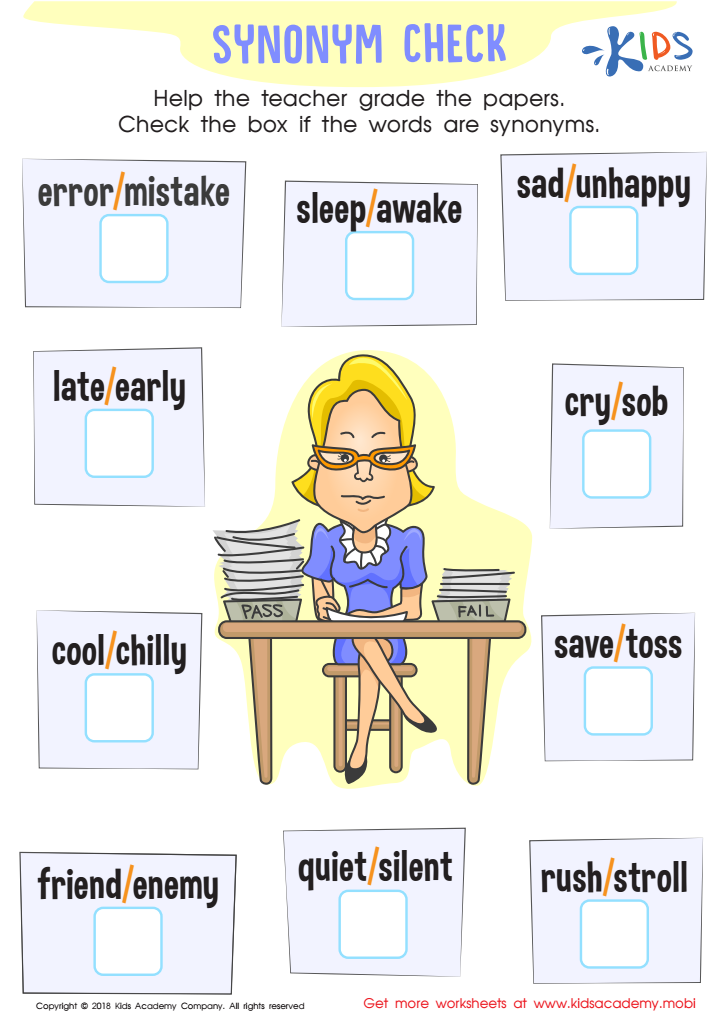

Synonym Check Worksheet
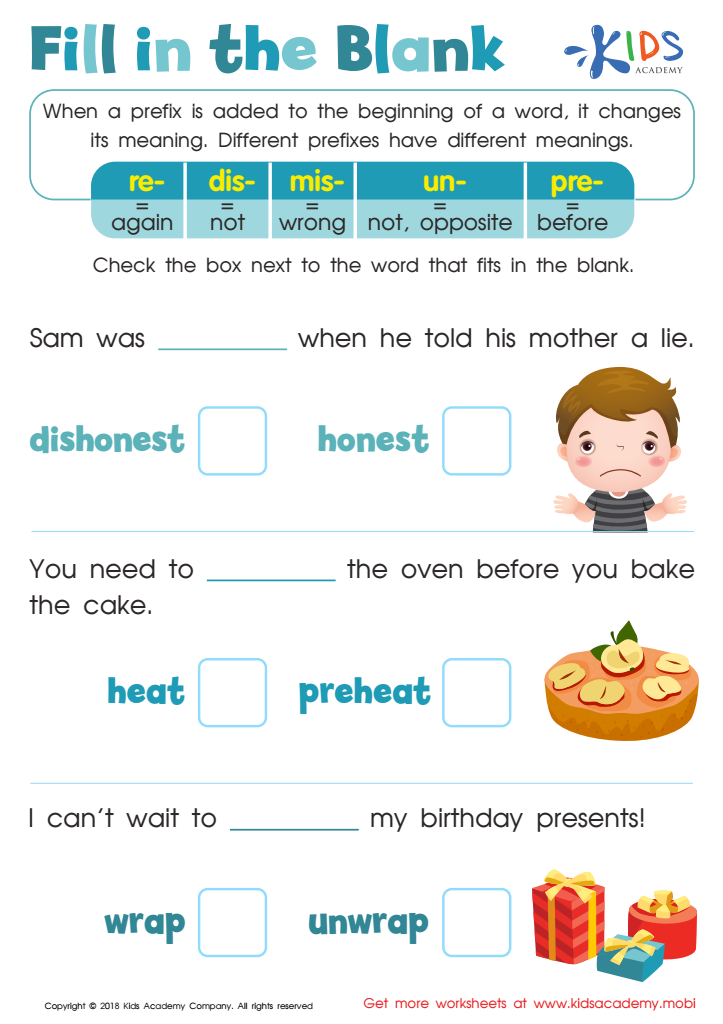

Reading: Fill in the Blank Worksheet
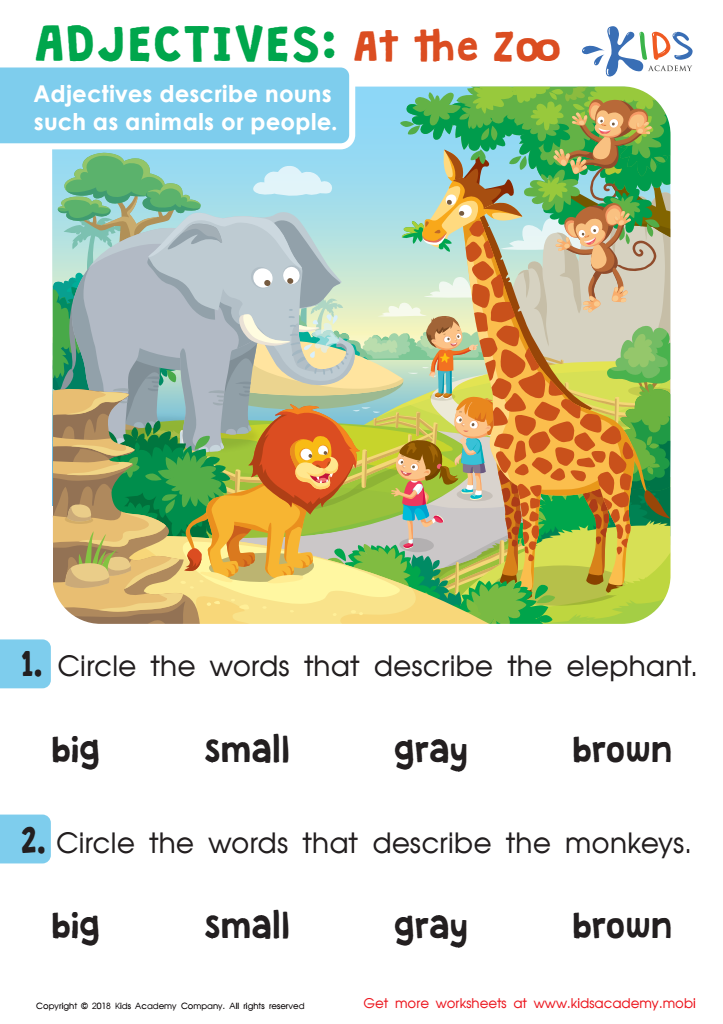

Adjectives: At The Zoo Worksheet
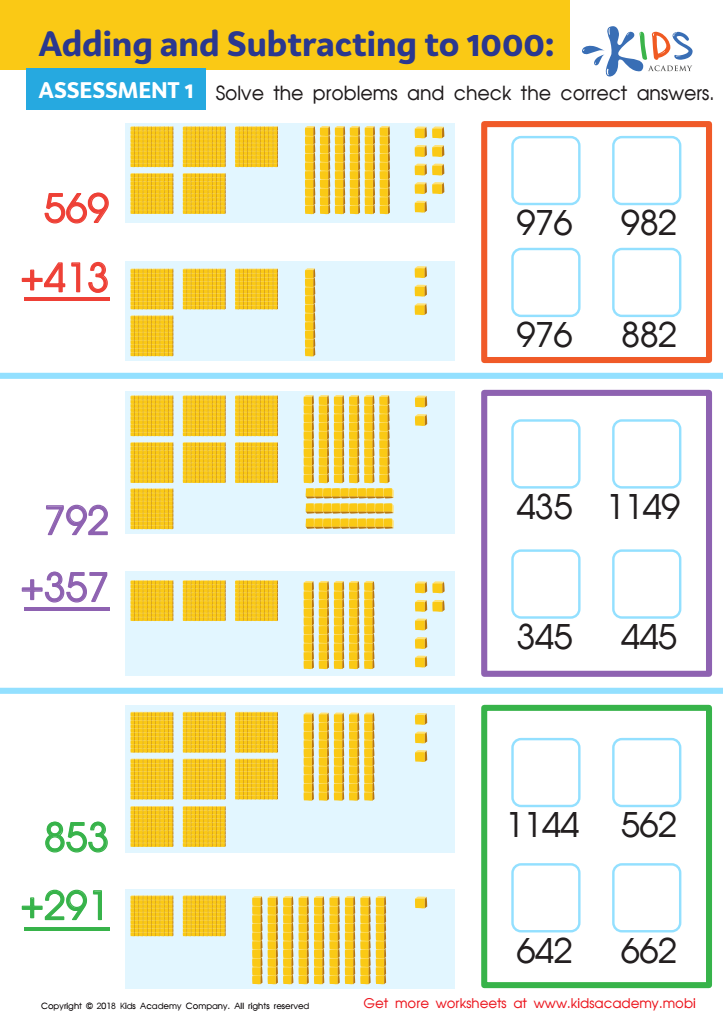

Adding and Subtracting to 1 Worksheet: Assessment 1
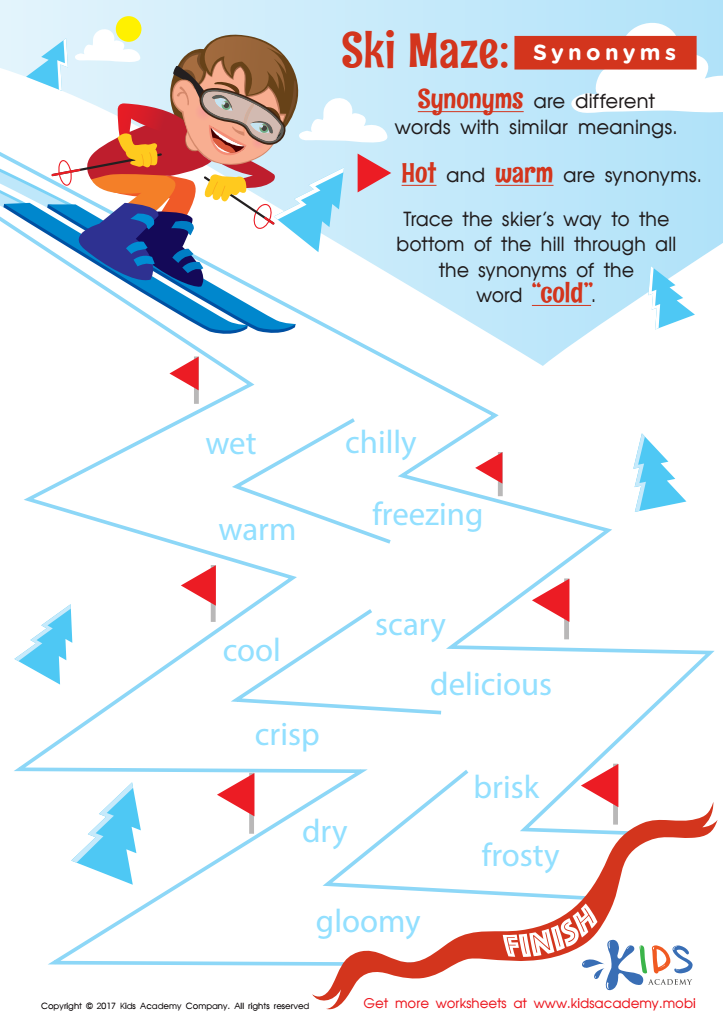

Free Printable Synonym Worksheet
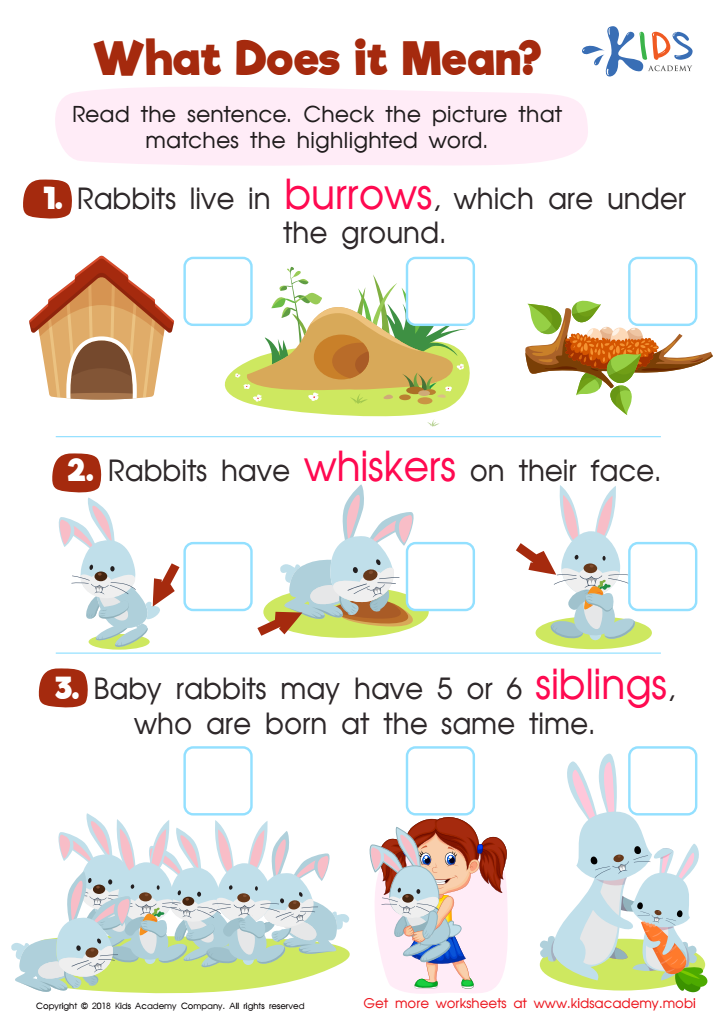

What Does It Mean? Worksheet
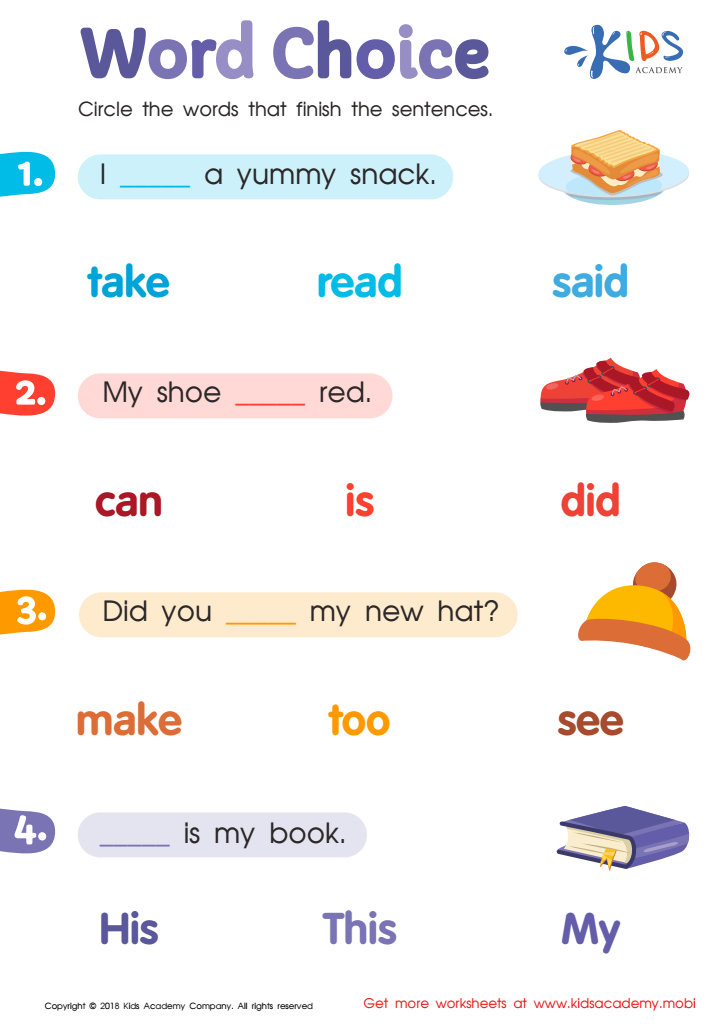

Word Choice Worksheet
Contextual understanding is crucial for children aged 7-8 as it enriches their learning experiences and fosters critical thinking skills. At this age, children are developing their ability to interpret information, and grasping the context behind what they read or learn significantly enhances comprehension. When parents and teachers emphasize the importance of context—such as the background of a story or the circumstances surrounding an event—they help children make connections to their own lives and the world around them.
Understanding context enables kids to better engage with their textbooks, stories, and social interactions. For instance, a child who understands the historical context of a lesson will be able to grasp its significance more fully, leading to deeper comprehension. Moreover, contextual awareness sharpens critical thinking, allowing children to analyze situations, draw conclusions, and solve problems effectively.
Encouraging children to ask questions about context promotes curiosity and a love of learning, making education more meaningful. When children can see beyond the surface, they become more adept at navigating complex ideas and relationships. Therefore, parents and teachers should prioritize fostering contextual understanding to support well-rounded intellectual and emotional development during this formative age.
 Assign to My Students
Assign to My Students







